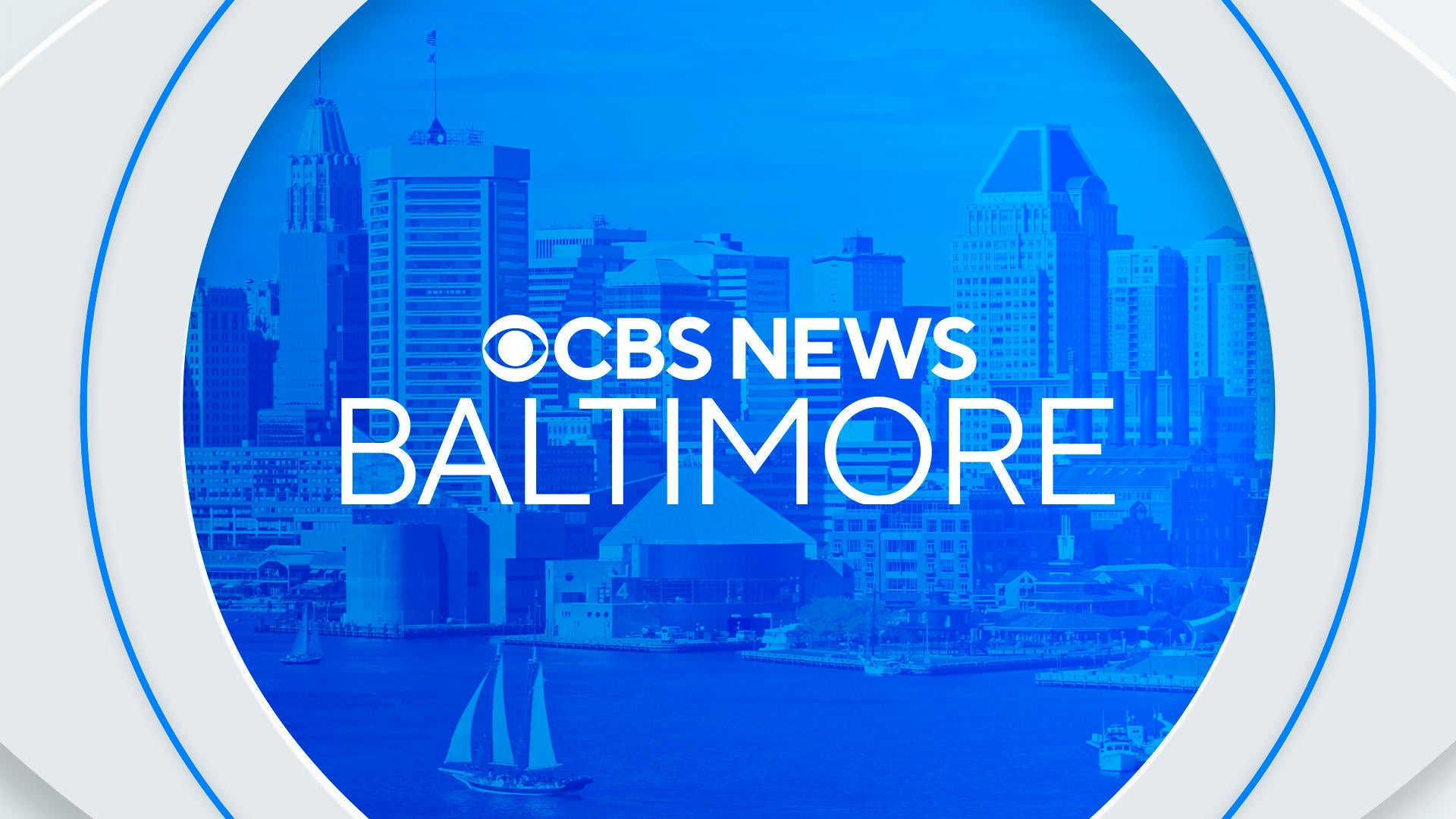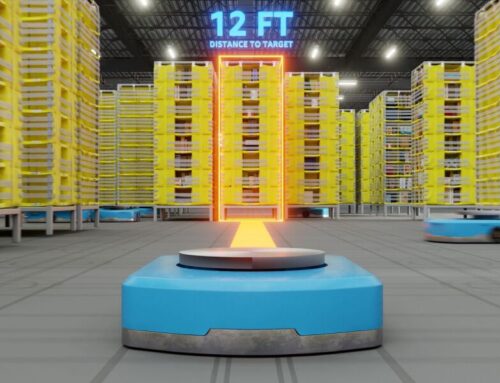New laws on cannabis regulation, clean energy, and more to take effect July 1, 2025
June 30, 2025
On July 1, 2025, new laws will take effect in Maryland. The laws will impact cannabis regulation, clean energy, and more. Here’s a glimpse at some of the legislative changes.
Cannabis regulation
HB12/SB214 prohibits the sale or distribution of cannabis products marketed as having more than 0.5 milligrams of THC per serving, or over 2.5 milligrams of THC per package.
If a person who does not have a cannabis license violates bill law, they may be charged with a citation or found guilty of a misdemeanor with a penalty of up to $5,000.
Clean energy and environmental policy
HB84/SB395, also known as the Transportation and Climate Alignment Act of 2025, requires that the Maryland Department of Transportation assess the impact of greenhouse gas emissions and vehicle miles linked to highway expansion projects. It also requires the state to implement programs to offset emissions.
HB506, the Chesapeake Bay Legacy Act, establishes several new programs aimed at improving the Chesapeake Bay watershed.
The new law may be positive news for environmentalists, as recent challenges have threatened the bay’s health.
A recent report published by the University of Maryland Center for Environmental Science (UMCES) revealed that the health of the bay declined in 2024.
The Maryland Leaders in Environmentally Engaged Farming (LEEF) Program, established by the act, creates a voluntary, tiered certification system to recognize and support farmers who adopt conservation practices that enhance soil health, reduce pollution, and promote climate resilience.
The act also establishes a program for monitoring water quality across the state, modernizing aquaculture leasing, and supporting watershed restoration through streamlined permitting.
HB1036/SB931, the Renewable Energy Certainty Act, is aimed at improving forestry by expanding education opportunities and workforce development within the industry.
It establishes a new grant program to support the development and implementation of forest and forestry education programs, including curriculum creation, teacher training, and hands-on learning experiences in K–12 schools, technical education, and higher education institutions.
SB253 makes the incineration of chemical warfare materials at research facilities excluded from some state regulations if the incinerations are being done for research, development, or demonstration purposes.
Employment and labor
HB502 establishes the Office of Disability Employment Advancement and Policy, within the Department of Disabilities. The goal of the office is to improve outcomes in hiring, recruitment, and retention, along with the advancement of people with disabilities in the state government workforce.
Another bill, HB1126, establishes the Child Support Arrearage to Work Pilot Program within the Department of Labor. The program enables the department to connect individuals who are both unemployed and owe child support with employment opportunities.
Other laws
HB0722 requires the Maryland Department of Health to submit reports on the oversight of substance use disorder treatment programs and recovery residences.
The new law comes as Baltimore City works to heal from the impacts of an opioid crisis.
HB986 requires each Maryland county to establish a new teacher retention program, which includes teacher mentorship, and cohort based opportunities.
Featured Local Savings
Search
RECENT PRESS RELEASES
Related Post



